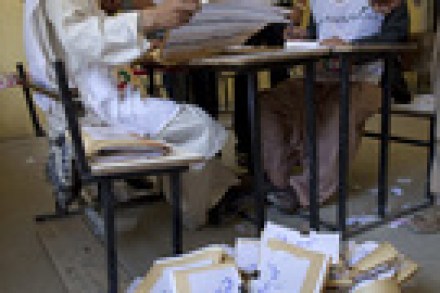Mackay and the special relationship
The news that General Andrew Mackay has quit over the government’s failure to properly equip the Afghan mission is significant. For one thing, it will have ramifications for the UK US military relationship. Mackay is the British general from whom General Petraeus feels he has learnt the most; Petraeus affectionately called him the “King of Scotland” in his Policy Exchange lecture the other week. Mackay’s departure will increase the US military’s concern about the war-fighting capabilities of the British military.

















